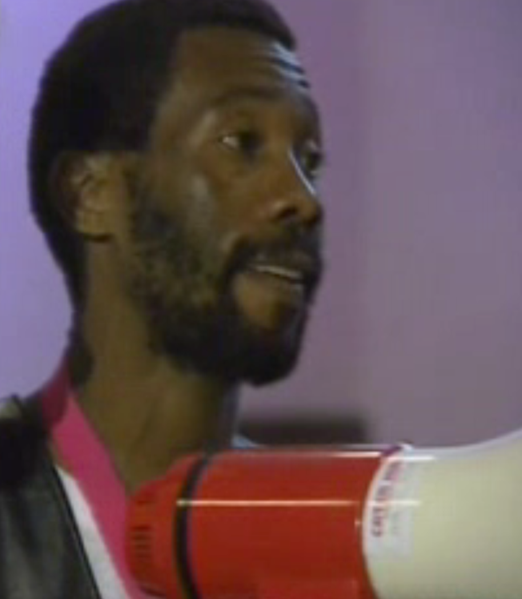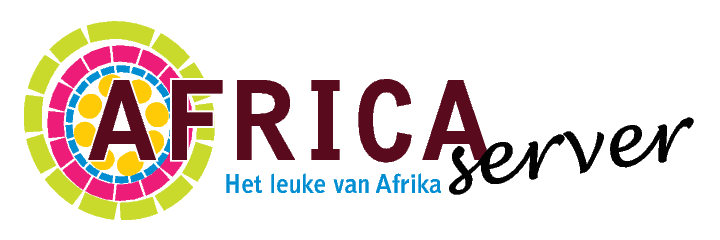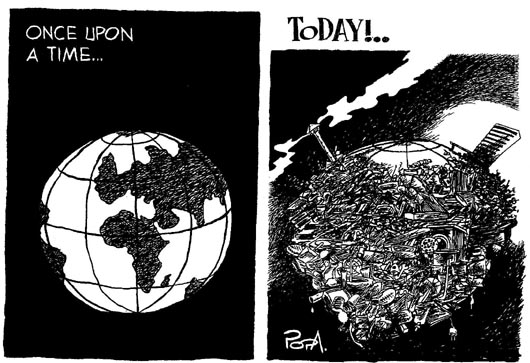Dinsdag 26 November 2024

Simon Nkoli Remembrance
Dinsdag 26 November 2024 18:00
If you are Black and gay in South Africa, then it really is all the same closet… inside is darkness and oppression. Outside is freedom.
These words were issued by Simon Nkoli (1957-1998), a South African gay activist and anti-apartheid leader. In his quest for freedom, he fought for the rights and acceptance of the LGBTQI+ community in South Africa and facilitated a cross-over with the anti-apartheid movement. This way he demonstrated that these two movements shared a common ground in their fight for equality. He was the founder of the Gay Association of South Africa (GASA) and the Gay and Lesbian Organisation of the Witwatersrand (GLOW). In 1990, he was the first organiser of the Gay & Lesbian Pride march in Johannesburg. On the 26th of November this year Nkloli, who died of aidsrelated disease, would have turned 67 years. What was his influence and legacy? And how have his ideas shaped the acceptance of the LGBTQI+ community in South Africa?

 Africaserver Agenda RSS Feed
Africaserver Agenda RSS Feed